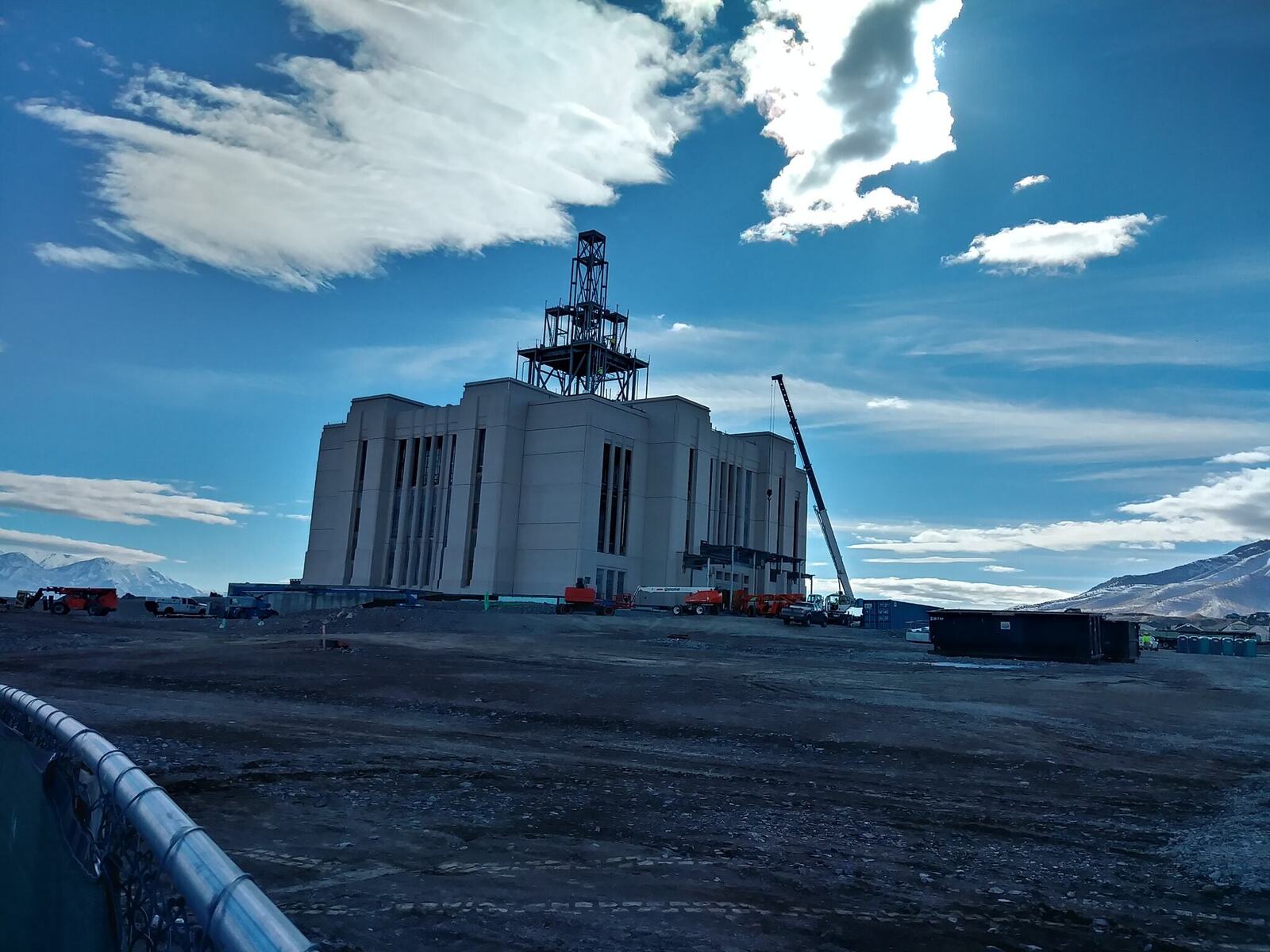Table of Content
Congress agreed to the treaty with reluctance and as the war moved in their favor increasingly lost interest in it. On June 14, 1775, Congress took control of Patriot forces outside Boston, and Congressional leader John Adams nominated George Washington as commander-in-chief of the new Continental Army. In early March 1776, Colonel Henry Knox arrived with heavy artillery acquired in the Capture of Fort Ticonderoga.
Although active in the preliminaries, he was not a signer of the conclusive treaty. In the western theater of the American Revolutionary War, conflicts between settlers and Native Americans led to lingering distrust. In the 1783 Treaty of Paris, Great Britain ceded control of the disputed lands between the Great Lakes and the Ohio River, but the Indian inhabitants were not a part of the peace negotiations. Tribes in the Northwest Territory joined as the Western Confederacy and allied with the British to resist American settlement, and their conflict continued after the Revolutionary War as the Northwest Indian War. As a Patriot victory became increasingly likely, the treatment of Black Loyalists became a point of contention; after the surrender of Yorktown in 1781, Washington insisted all escapees be returned but Cornwallis refused. In 1782 and 1783, around 8,000 to 10,000 freed blacks were evacuated by the British from Charleston, Savannah, and New York; some moved onto London, while 3,000 to 4,000 settled in Nova Scotia, where they founded settlements such as Birchtown.
The Hotel Saratoga
Washington split his army into positions on Manhattan Island and across the East River in western Long Island. On August 27 at the Battle of Long Island, Howe outflanked Washington and forced him back to Brooklyn Heights, but he did not attempt to encircle Washington's forces. Through the night of August 28, General Henry Knox bombarded the British.

Skirmishes at Williamson's Plantation, Cedar Springs, Rocky Mount, and Hanging Rock signaled widespread resistance to the new oaths throughout South Carolina. The British government failed to take into account the strength of the American merchant marine and support from European countries, which allowed the colonies to import munitions and continue trading with relative impunity. While well aware of this, the North administration delayed placing the Royal Navy on a war footing for cost reasons; this prevented the institution of an effective blockade and restricted them to ineffectual diplomatic protests. Traditional British policy was to employ European land-based allies to divert the opposition, a role filled by Prussia in the Seven Years' War; in 1778, they were diplomatically isolated and faced war on multiple fronts. Silas Deane was sent to Paris to begin negotiations with Vergennes, whose key objectives were replacing Britain as the United States' primary commercial and military partner while securing the French West Indies from American expansion.
North Greenbush Police Department blotter
British returns in 1783 listed 43,633 rank and file deaths across the British Armed Forces. In the first three years of the Anglo-French War , British list 9,372 soldiers killed in battle across the Americas; and 3,326 in the West Indies (1778–1780). In 1784, a British lieutenant compiled a detailed list of 205 British officers killed in action during British conflicts outside of North America, encompassing Europe, the Caribbean and the East Indies. Extrapolations based upon this list puts British Army losses in the area of at least 4,000 killed or died of wounds outside of its North American engagements.

These islands were extremely valuable; in 1772, the value of sugar and coffee produced by Saint-Domingue on its own exceeded that of all American exports combined. Talks progressed slowly until October 1777, when British defeat at Saratoga and their apparent willingness to negotiate peace convinced Vergennes only a permanent alliance could prevent the "disaster" of Anglo-American rapprochement. Assurances of formal French support allowed Congress to reject the Carlisle Peace Commission and insist on nothing short of complete independence. The 1776 campaign demonstrated regaining New England would be a prolonged affair, which led to a change in British strategy. This involved isolating the north from the rest of the country by taking control of the Hudson River, allowing them to focus on the south where Loyalist support was believed to be substantial. In December 1776, Howe wrote to the Colonial Secretary Lord Germain, proposing a limited offensive against Philadelphia, while a second force moved down the Hudson from Canada.
This East Bay city is the first in the Bay Area to win the state’s ‘pro-housing’ designation
British troops suffered around 300 casualties before withdrawing to Boston, which was then besieged by the militia. The war consisted of two principal campaign theaters within the thirteen states, and a smaller but strategically important one in the west of the Appalachian Mountains. Fighting began in the Northern Theater and was at its most severe from 1775 to 1778. The Patriots achieved several strategic victories in the South and after defeating a British army at Saratoga in October 1777, the French formally entered the war as an American ally.

On April 9, 1783, Washington issued orders that he had long waited to give, that "all acts of hostility" were to cease immediately. That same day, by arrangement with Washington, General Carleton issued a similar order to British troops. British troops, however, were not to evacuate until a prisoner of war exchange occurred, an effort that involved much negotiation and would take some seven months to effect. An Anglo-American Preliminary Peace was formally entered into in November 1782, and Congress endorsed the settlement on April 15, 1783. It announced the achievement of peace with independence; the "conclusive" treaty was signed on September 2, 1783, in Paris, effective the next day September 3, when Britain signed its treaty with France.
Greene led Cornwallis on a series of countermarches around North Carolina; by early March, the British were exhausted and short of supplies and Greene felt strong enough to fight the Battle of Guilford Court House on March 15. Although victorious, Cornwallis suffered heavy casualties and retreated to Wilmington, North Carolina seeking supplies and reinforcements. Reinforced by Clinton, Cornwallis' troops captured Charleston in May 1780, inflicting the most serious Patriot defeat of the war; over 5,000 prisoners were taken and the Continental Army in the south effectively destroyed.
On May 29, Lieutenant-Colonel Banastre Tarleton's mainly Loyalist force routed a Continental Army force nearly three times its size under the command of Colonel Abraham Buford at the Battle of Waxhaws. The battle is controversial for allegations of a massacre, which were later used as a recruiting tool by the Patriots. In June 1779, Prévost launched an abortive assault on Charleston, before retreating to Savannah, an operation notorious for widespread looting by British troops that enraged both Loyalists and Patriots.
Located in Palma de Mallorca, a 12-minute walk from Playa Ca'n Pere Antoni, Vila Damunt has express check-in and check-out and free WiFi throughout the property. ICON Rosetó is a boutique hotel set in Palma de Mallorca old town. Guests can enjoy a city view from the rooftop small panoramic pool and solarium.

After the Patriot victory at Concord, moderates in Congress led by John Dickinson drafted the Olive Branch Petition, offering to accept royal authority in return for George III mediating in the dispute. Although constitutionally correct, since George could not oppose his own government, it disappointed those Americans who hoped he would mediate in the dispute, while the hostility of his language annoyed even Loyalist members of Congress. Combined with the Proclamation of Rebellion, issued on August 23 in response to the Battle at Bunker Hill, it ended hopes of a peaceful settlement. The French and Indian War, part of the wider global conflict known as the Seven Years' War, ended with the 1763 Peace of Paris, which expelled France from its possessions in New France. Acquisition of territories in Atlantic Canada and West Florida, inhabited largely by French or Spanish-speaking Catholics, led the British authorities to consolidate their hold by populating them with English-speaking settlers. Preventing conflict between settlers and Native American tribes west of the Appalachian Mountains would also avoid the cost of an expensive military occupation.
The Patriots now controlled most of the Carolinas and Georgia outside the coastal areas; after a minor reversal at the Battle of Hobkirk's Hill, they recaptured Fort Watson and Fort Motte on April 15. On June 6, Brigadier General Andrew Pickens captured Augusta, leaving the British in Georgia confined to Charleston and Savannah. The assumption Loyalists would do most of the fighting left the British short of troops and battlefield victories came at the cost of losses they could not replace.

The Dutch were also excluded from the First League of Armed Neutrality, formed by Russia, Sweden and Denmark in March 1780 to protect neutral shipping from being stopped and searched for contraband by Britain and France. On February 6, 1778, France and the United States signed the Treaty of Amity and Commerce regulating trade between the two countries, followed by a defensive military alliance against Britain, the Treaty of Alliance. Charles III of Spain was invited to join on the same terms but refused, largely due to concerns over the impact of the Revolution on Spanish colonies in the Americas.
Of these, approximately 6,800 were killed in battle, while at least 17,000 died from disease. The majority of the latter died while prisoners of war of the British, mostly in the prison ships in New York Harbor. The number of Patriots seriously wounded or disabled by the war has been estimated from 8,500 to 25,000.
You'll pay around $126 if you choose to stay in a 4-star hotel tonight, while a 5-star hotel in Palma de Mallorca will cost around $263, on average (based on Booking.com prices). On average, 3-star hotels in Palma de Mallorca cost $273 per night, and 4-star hotels in Palma de Mallorca are $453 per night. If you're looking for something really special, a 5-star hotel in Palma de Mallorca can be found for $1,097 per night, on average (based on Booking.com prices). Located in the center of Palma de Mallorca, the luxurious Saratoga hotel has a rooftop pool with beautiful city views. To accommodate your schedule during the holiday rush, many Best Buy stores will be open for extended holiday hours. Some stores may have different hours where required by local ordinances or landlord regulations.

No comments:
Post a Comment